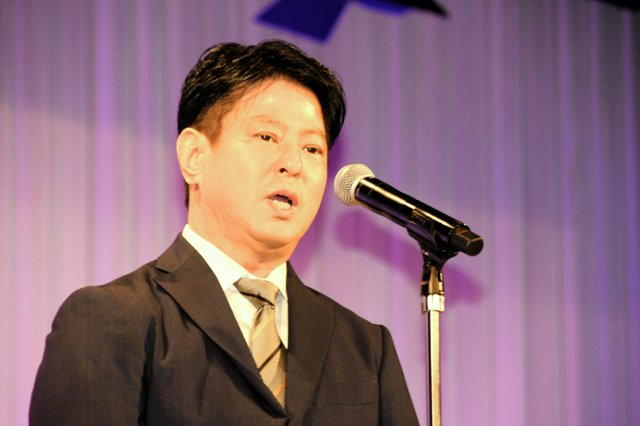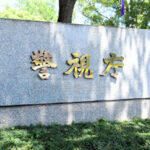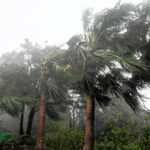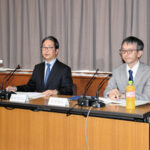The 78th Newspaper Convention was held on the 15th. The award ceremony for this year’s Newspaper Association Awards took place, with seven entries receiving awards, including “a series of special reports on Japan Post’s unlawfully high penalties and inappropriate roll call procedures.”
This marks the second consecutive year of awards, following last year’s “series of scoops and related coverage on faction slush fund issues.”
The newspaper uncovered the fact that Japan Post’s collection of penalty fees from subcontractors had been ruled illegal, publishing the special report in the January 6th morning edition. The reporting also revealed that mandatory roll call procedures to check for alcohol consumption before vehicle deliveries were not being properly conducted.
“Media and Readers Working Together”
An editorial board member commented, “This reporting actively sought information from the beginning, resulting in numerous tips that led to subsequent coverage. It represents collaboration between media and readers.”
Other Newspaper Association Award winners included “a series of scoops concerning petroleum trade association ‘cartel suspicions.'”
The convention featured a research symposium titled “The Role of Newspapers in the Social Media Era.” Participants from various positions and backgrounds shared opinions about media roles and approaches based on their respective experiences.
“Reaching Younger Generations” Talk Session
The day also included a talk session titled “News: For Whom? For What?” featuring award winners and university students.
The first part, “Behind the Scenes of Reporting,” revealed how the Japan Post investigation began. The discussion explained that even when actions aren’t illegal, writing articles with critical awareness can help create better systems, describing this as “the essence of journalism and the role of mass media.”
The second part, “What’s Needed to Deliver Newspaper Reporting to Younger Generations,” involved university students on stage and over 100 students in the audience. Using social media to share opinions in real time, they discussed diverse approaches to article distribution through video and social media platforms.
Newspaper Convention Resolution
Social divisions worldwide are shaking existing orders, with growing movements seeking prosperity and security through national-first approaches. Conflicts continue in various regions. Political landscapes and social values are changing significantly.
Misinformation and defamation spreading through social media are significantly impacting elections, which form the foundation of democracy. Member companies will work to evolve election coverage, including fact-checking, without creating information gaps, to support voters’ informed choices.
The spread and technological advancement of generative AI are transforming society. However, continued unauthorized use of news content could impair media functions. This important issue affecting the public’s right to know requires proper handling.
Eighty years after the war, despite dramatic media environment changes and an increasingly complex modern society, we remain committed to supporting democracy’s development. We reaffirm our pledge to fulfill journalism’s responsibilities by delivering accurate reporting based on facts and fair commentary while engaging with society.






